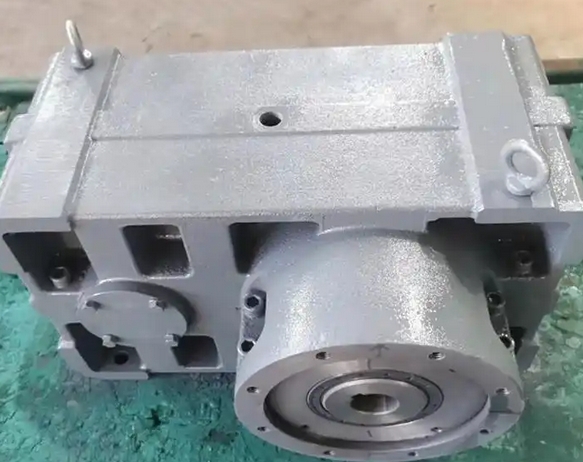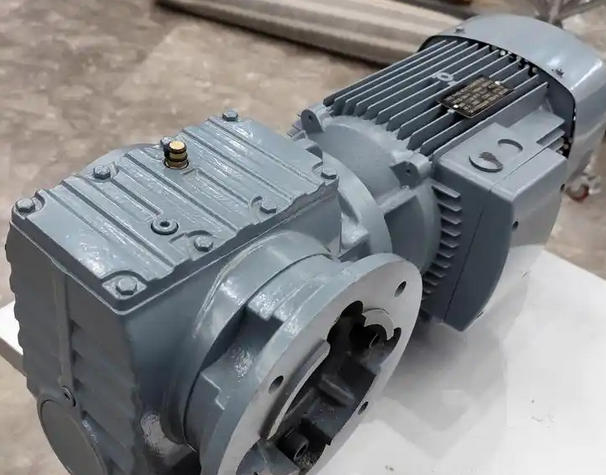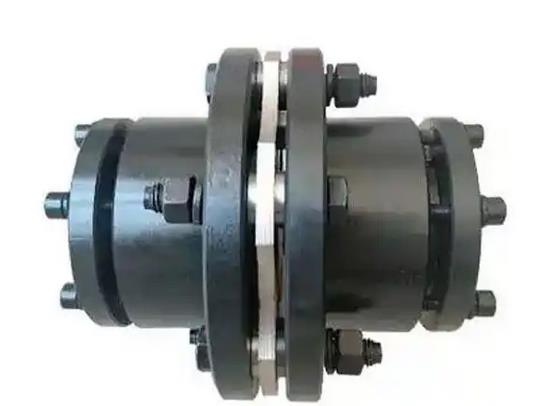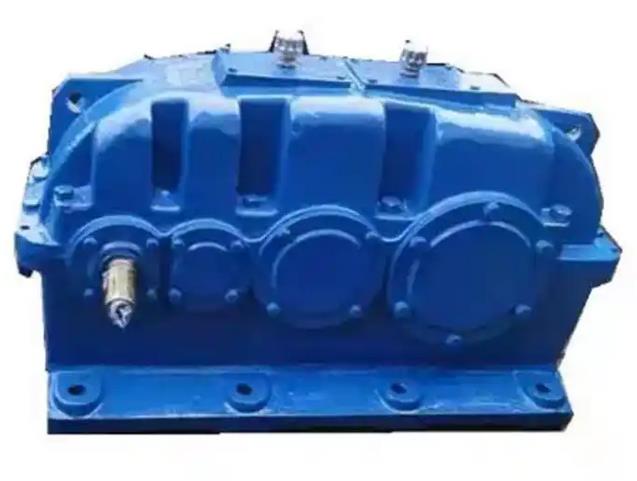What are the main factors affecting the universality of the spline shaft of ZLYJ series hard tooth surface gear reducer
The universality of the spline shaft of ZLYJ series hard tooth surface gear reducer is mainly affected by the following factors:Standards and specifications: The design and manufacturing of spline shafts must follow certain standards, such as DIN 5480. If the ZLYJ series reducer adopts non-standard spline shaft specifications, it will be difficult to interchange with other components that meet the standard specifications, thereby reducing its versatility. For example, if the modulus, pressure angle, number of teeth, tooth width and other parameters of the spline do not meet the general standards, it cannot be matched with the standard spline hub.

Materials and Heat Treatment: The material selection and heat treatment process of spline shafts will affect their performance and versatility. The strength, hardness, plasticity, and toughness of materials need to meet the requirements for use. For example, high-strength steel has high load-bearing capacity and fatigue limit, but may perform poorly under impact loads. Different heat treatment methods can change material properties. Improper heat treatment may result in the hardness and wear resistance of the spline shaft not meeting the requirements, affecting its compatibility and service life with other components, thereby affecting its versatility.
Processing accuracy: The processing accuracy of spline shafts includes dimensional accuracy, shape accuracy, and positional accuracy. Inaccurate dimensions, such as the outer diameter tolerance of the shaft and the inner diameter tolerance of the hub exceeding the allowable range, can affect the fitting accuracy, causing the fit between the spline shaft and the spline hub to be too loose or too tight, and unable to transmit torque properly. Surface smoothness is also a key factor. High surface roughness increases the friction coefficient during transmission, exacerbates wear, reduces corrosion resistance, and affects the versatility of spline shafts.
Design parameters: Some design parameters of the spline shaft, such as the number of teeth, module, etc., have a significant impact on its universality. Increasing the number of teeth can improve load-bearing capacity, but it will increase manufacturing difficulty and cost, and may affect compatibility with other components. The size of the modulus can also affect the load-bearing capacity and dimensions of the spline shaft. If the design parameters are not reasonable, it may result in the spline shaft not meeting the requirements in specific application scenarios, limiting its versatility.
Application environment: Factors such as temperature, humidity, and chemical corrosion in the working environment can also affect the versatility of the spline shaft. In high temperature or corrosive environments, if the material and surface treatment of the spline shaft cannot adapt, performance degradation, premature wear and other problems may occur, making it unable to work stably in this environment for a long time, thereby limiting its application range and versatility.




